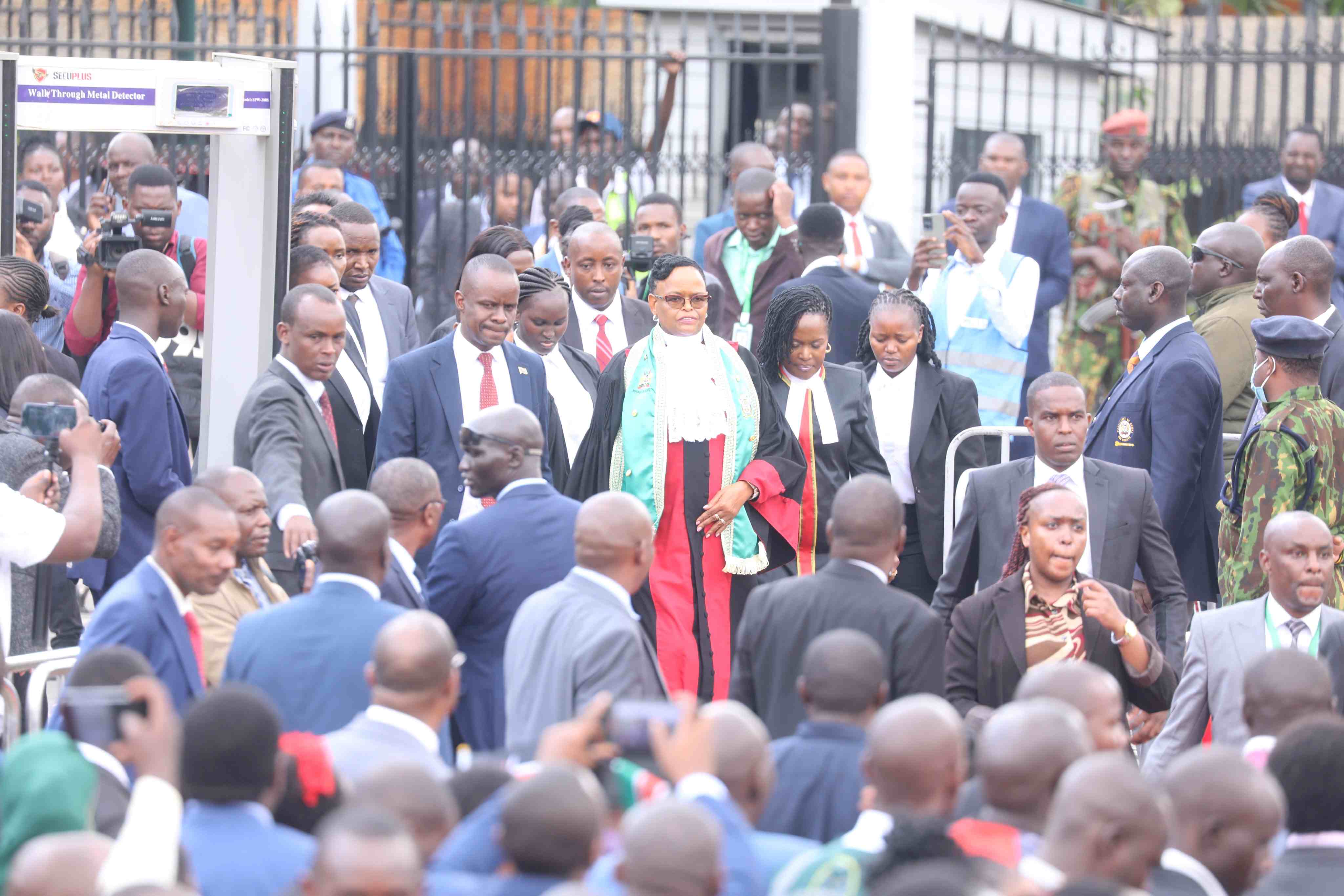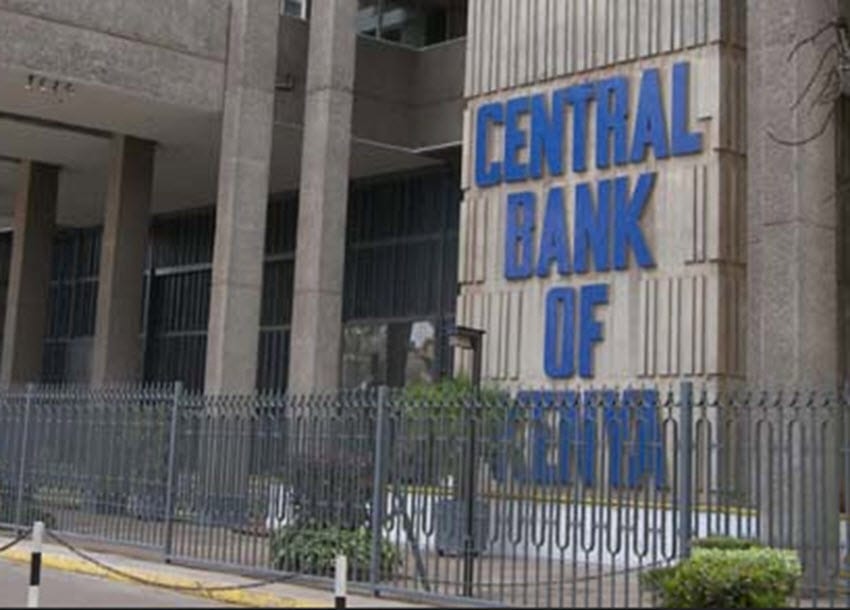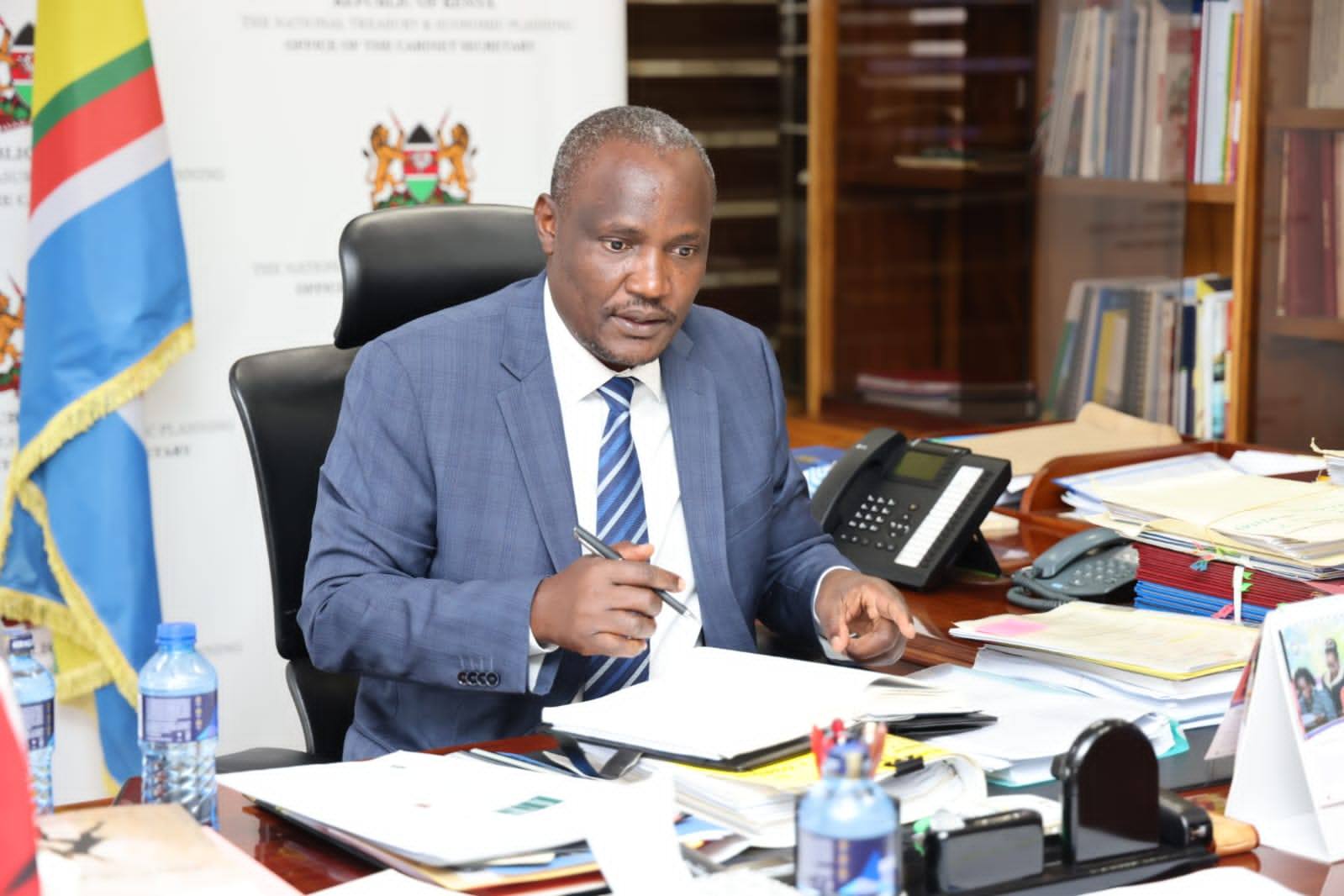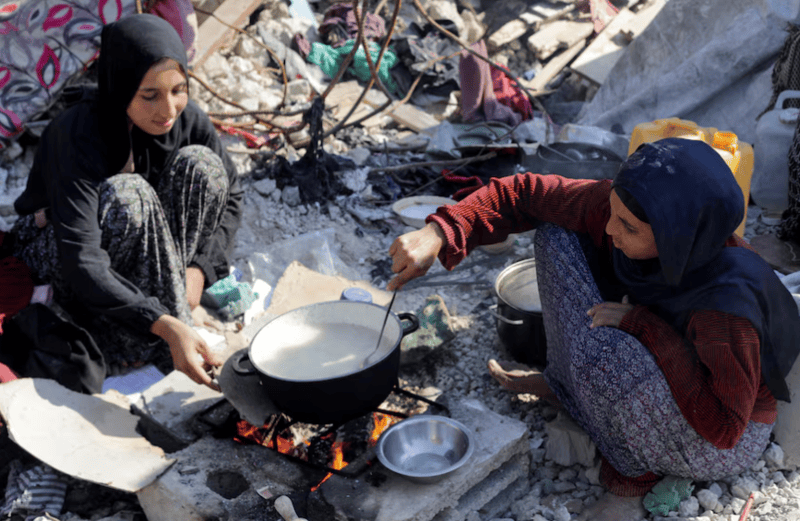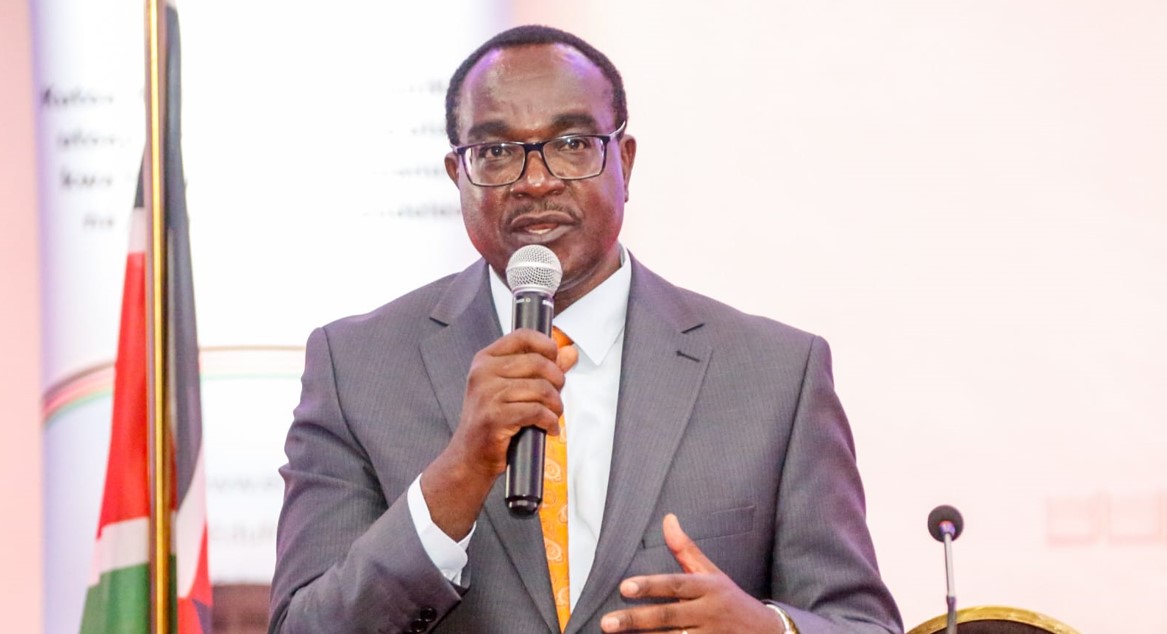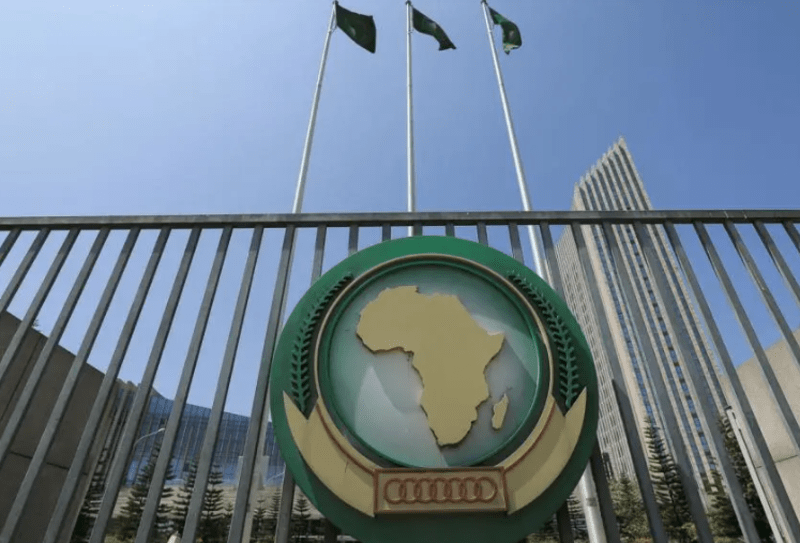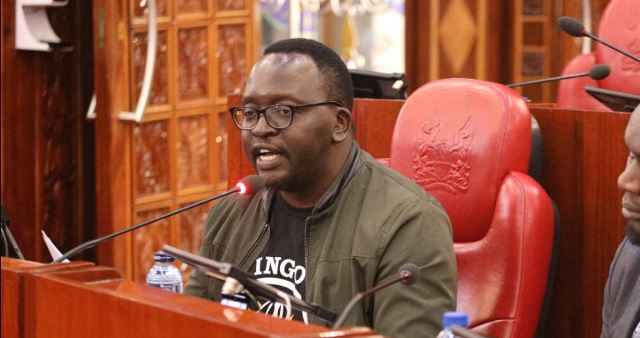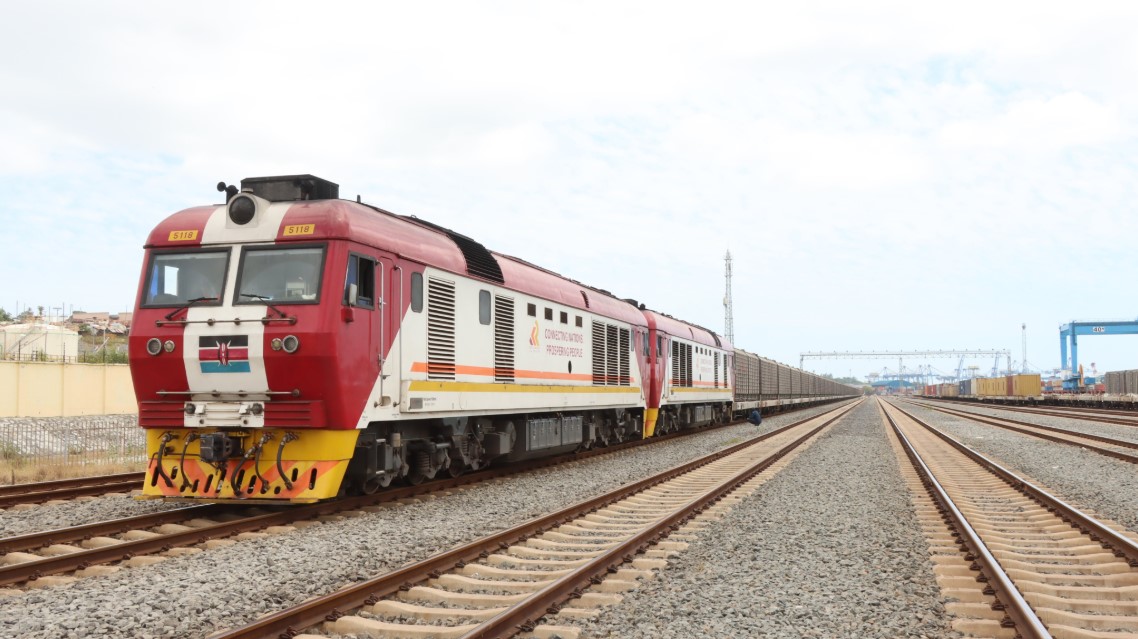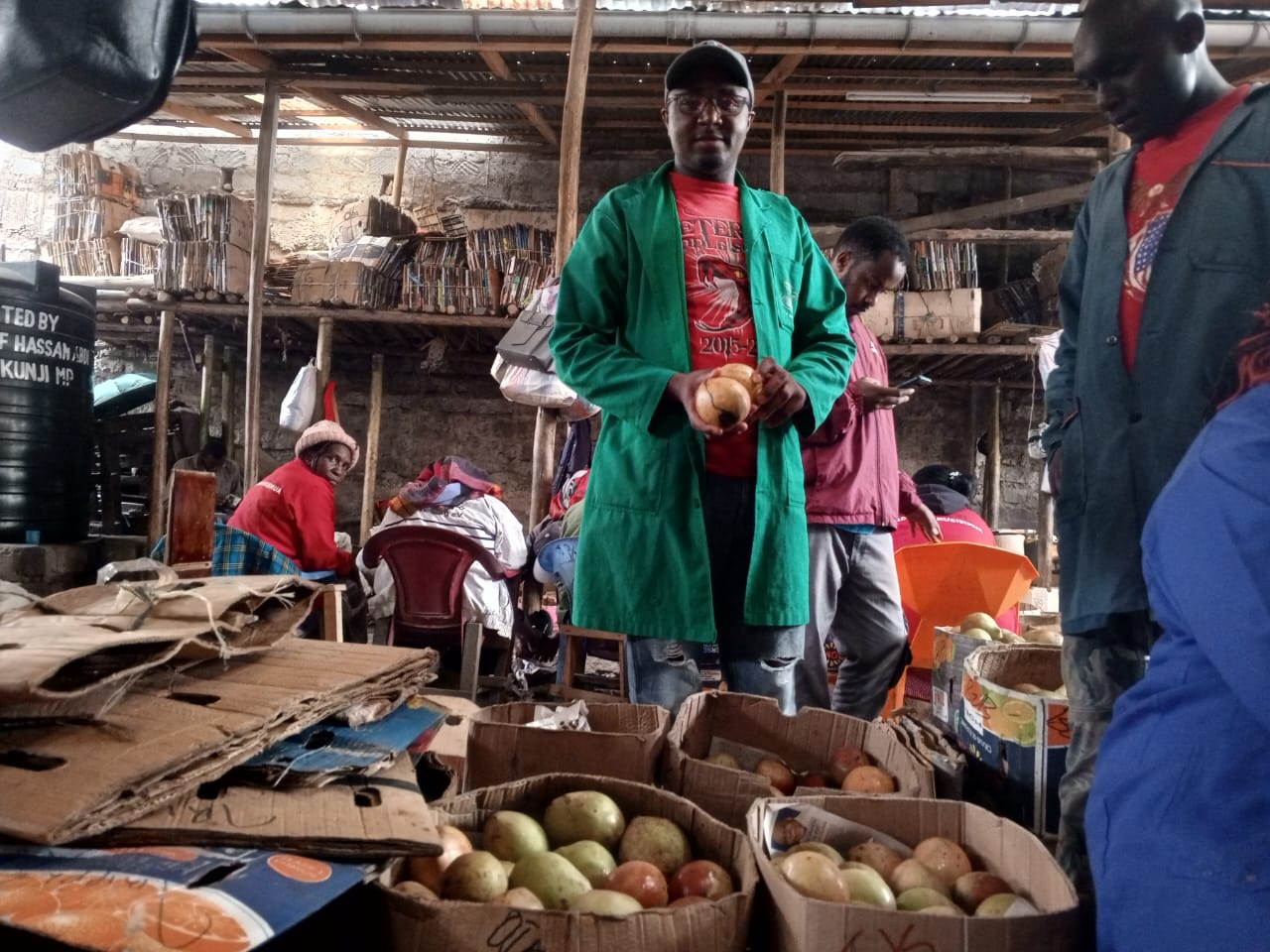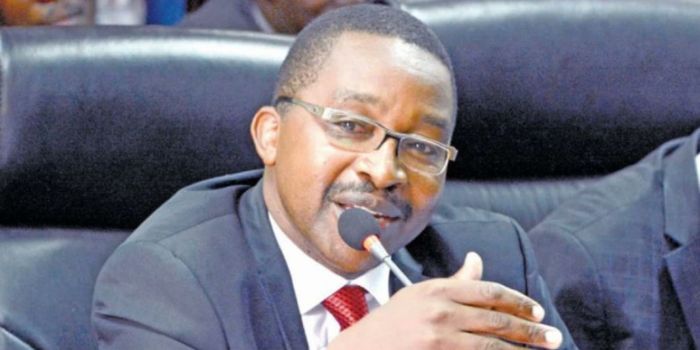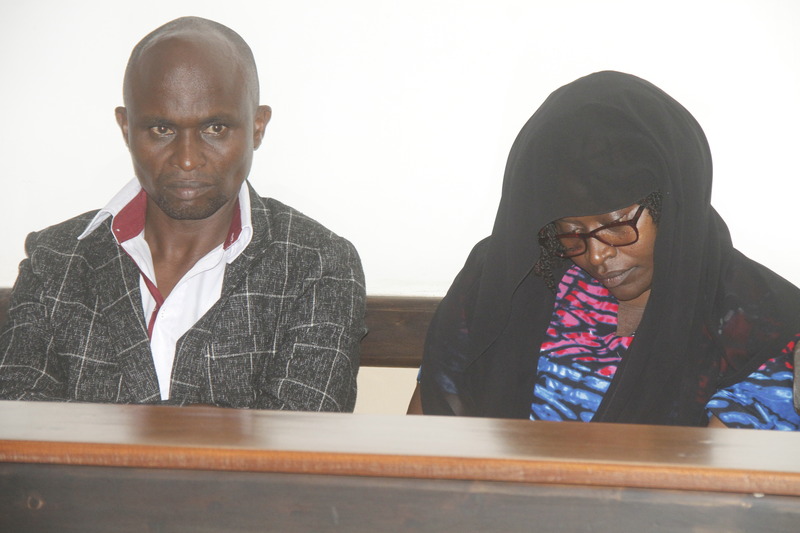KeNHA, Kerra, Ketraco top list of parastatals with billions in pending bills

State agencies in the Ministry of Roads and Transport are the largest contributors to the pending bills crisis, with debts totalling Sh173.7 billion.
A recent report by the Controller of Budget (CoB) has revealed that key government parastatals owe contractors and suppliers a staggering Sh170 billion, representing nearly one-third of the national government’s total pending bills.
The Kenya National Highways Authority (KeNHA), Kenya Rural Roads Authority (Kerra), and Kenya Electricity Transmission Company (Ketraco) are the top offenders, making them some of the most challenging institutions to do business with in Kenya.
More To Read
- Garissa, Wajir, Samburu among six top counties exceeding revenue targets
- 'Broke' Nairobi MCAs storm City Hall offices in desperation over delayed funds
- Controller of Budget launches investigations into suspect bank accounts in counties
- Nairobi, Garissa among top 30 counties with huge amounts of pending bills
The report, prepared by CoB Margaret Nyakang’o, indicates that KeNHA owes over Sh82 billion, Kerra Sh66 billion, and Ketraco Sh22.76 billion.
Collectively, these three agencies have become a significant burden to contractors, many of whom have been plunged into financial distress.
The total national government pending bills rose to Sh528.36 billion by September 30, 2024, increasing by Sh12 billion in just three months.
“The debts include payments due to contractors, suppliers, unremitted statutory deductions, and pension arrears. Of these, Sh249.79 billion, or 61 per cent, is owed for contractors’ projects, followed by 10 per cent for consumables and general supplies,” Nyakang’o said.
Contractor assets auctioned
The report also highlighted the struggles faced by individuals and companies owed by the government. Some contractors have lost their assets to auctions after defaulting on loans, while others have succumbed to depression, and in extreme cases, some have died by suicide.
State agencies in the Ministry of Roads and Transport are the largest contributors to the pending bills crisis, with debts totalling Sh173.7 billion.
This is followed by the Ministry of Energy and Petroleum at Sh68.12 billion, Education at Sh66.1 billion, and Agriculture at Sh18 billion. Other ministries with significant debts include ICT and Digital Economy at Sh13.47 billion and Health at Sh10.84 billion.
Among the agencies with pending bills exceeding Sh1 billion, the Rural Electrification and Renewable Energy Corporation owes Sh16.49 billion, while the National Oil Corporation of Kenya owes Sh13.18 billion, including Sh3.84 billion in penalties. The Kenya Urban Roads Authority has pending bills of Sh13.6 billion, Kenya Railways Corporation of Sh9.2 billion, and the Nairobi Metropolitan Area Transport Authority Sh1.59 billion.
In the Ministry of Health, Kenya Medical Supplies Authority has a debt of Sh4.3 billion, while Kenyatta National Hospital owes Sh2.3 billion. The defunct National Hospital Insurance Fund and Moi Teaching and Referral Hospital owe Sh2 billion and Sh1.7 billion, respectively.
The Ministry of Education is grappling with debts owed by universities and other institutions, with Kenyatta University leading at Sh12.39 billion.
Other institutions include the University of Nairobi (Sh11.9 billion), Technical University of Kenya (Sh9 billion), Jomo Kenyatta University of Agriculture and Technology (Sh8.67 billion), Egerton University (Sh7.88 billion), and Moi University (Sh6.2 billion).
Others with significant pending bills include the National Cereals and Produce Board, which owes Sh4.27 billion, and the Kenya Forest Service, which has Sh1.56 billion in debt. The Ministry of Trade, Investments and Industry’s East African Portland Cement Company has a debt of Sh12.4 billion, while the Ministry of Water’s Tanathi Water Works Development Agency owes Sh5.89 billion.
For ministries, departments, and agencies (MDAs), Sh117.67 billion in debts is broken down into Sh85.7 billion owed to goods and services suppliers and Sh31.9 billion to contractors. The Ministry of Defence leads with pending bills of Sh17.38 billion, while the National Treasury owes Sh3.19 billion.
The report identified the National Youth Service as having the highest pending bills among agencies at Sh14.57 billion. The defunct Nairobi Metropolitan Service follows with Sh13.37 billion, while the National Police Service owes Sh6 billion.
Despite the grim statistics, some state corporations have managed to avoid accumulating pending bills. Among them are the Kenya Roads Board, Kenya Ports Authority, Kenya National Qualifications Authority and the Media Council of Kenya, which have been commended for maintaining clean financial records.
Top Stories Today

